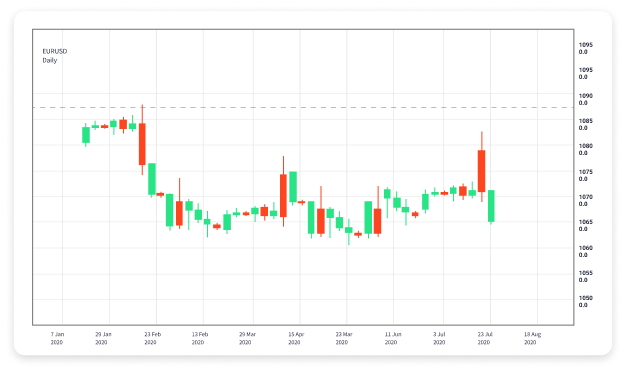
In the world of finance, there exists a myriad of instruments and methodologies that traders and investors can utilize to generate profits. One such domain, forex trading, has gained significant traction globally. However, for those who adhere to Islamic principles, engaging in forex trading raises pertinent questions regarding its compliance with Sharia law. This article delves deep into the realm of Islamic Forex Trading, clarifying the essentials of what makes a trading practice halal (permissible) and elucidating key guidelines one must observe. For a comprehensive guide to trading that aligns with Islamic principles, visit islamic forex trading https://tradingarea-ng.com/.
Understanding Islamic Finance Principles
At the core of Islamic finance lies the fundamental principle of engaging in ethical and socially responsible activities. Investments that are permissible in Islam must adhere to specific guidelines. Primarily, they should be free from elements of:
- Riba: Interest or usury, which is strictly prohibited in Islamic teachings.
- Gharar: Excessive uncertainty or ambiguity in contracts.
- Harām: Activities that are deemed sinful, such as trading in alcohol, gambling, or pork-related products.
In light of these principles, Islamic Forex Trading must comply with these restrictions while offering a feasible pathway to engage in the forex market.
What Makes Forex Trading Islamic?
To classify forex trading as halal, certain conditions must be met:
- No Riba (Interest): In traditional forex trading, many brokers offer leveraged accounts that incur interest; such practices are not allowed in Islamic finance. Instead, brokers catering to Islamic traders provide swap-free accounts, meaning no interest is accrued on open positions.
- Contracts Should Be Transparent: All terms of trading must be clearly defined and free from ambiguity. This ensures fairness in trading practices, protecting both parties involved in the transaction.
- Trading Has to Be Immediate: Transactions must be executed in real-time, ensuring the delivery of assets occurs without delay. This is consistent with Islamic principles that prevent deceptive practices.
- Involvement in Permissible Assets: Engagement in trading activities must revolve around assets that are halal. This could encompass currencies from stable economies, which do not support harām activities.
The Role of Islamic Forex Brokers

For traders seeking to adhere to Islamic values, selecting an Islamic forex broker is essential. These brokers provide swap-free trading accounts that comply with Islamic financial rules. Here’s what to look for in an Islamic forex broker:
- Regulation: Ensure the broker is regulated by a reputable authority to safeguard traders from fraud and malpractice.
- Swap-Free Accounts: The broker must offer accounts devoid of interest, allowing you to trade without violating Islamic law.
- Transparent Fees: While Islamic accounts should not incur interest, it’s essential to understand any other fees that may apply, ensuring you are aware of the total cost of trading.
- Educational Resources: A good broker will provide ample resources and support to educate traders about Islamic trading principles.
Strategies for Islamic Forex Trading
Like any market, the forex market requires strategies for success. Traders should consider the following strategies while remaining compliant with Islamic finance principles:
- Day Trading: This involves opening and closing trades within a single day. Day trading can prevent positions from being held overnight, avoiding any interest charges.
- Scalping: This strategy focuses on making numerous small profits from minor price fluctuations. Scalping is often executed within short time frames, which aligns well with Islamic trading principles.
- Position Trading: This long-term strategy involves holding trades for extended periods. Care must be taken to avoid holding positions overnight in traditional setups that incur interest.
Risk Management in Islamic Forex Trading
Risk management is critical in trading, regardless of adherence to Islamic principles. Traders should employ robust risk management strategies, such as:
- Setting Stop-Loss Orders: Establishing stop-loss orders helps mitigate potential losses by automatically closing trades at predetermined price levels.
- Using Proper Position Sizing: Understanding how much capital to allocate to each trade can provide significant protection against unanticipated market fluctuations.
- Diversification: Spreading investments across various currency pairs can reduce risk. By diversifying, traders can protect themselves from substantial losses.
Conclusion
Islamic Forex Trading presents an ethical approach to engage in one of the most dynamic markets globally while adhering to the principles of Sharia law. By selecting regulated brokers offering halal trading accounts, understanding the core principles of Islamic finance, and employing effective trading strategies, traders can navigate the forex market successfully. As awareness around Islamic finance grows and the demand for ethical trading options increases, it becomes crucial to remain informed and educated. With the right knowledge and tools, participants in the Islamic finance community can find prosperity while staying true to their values.
